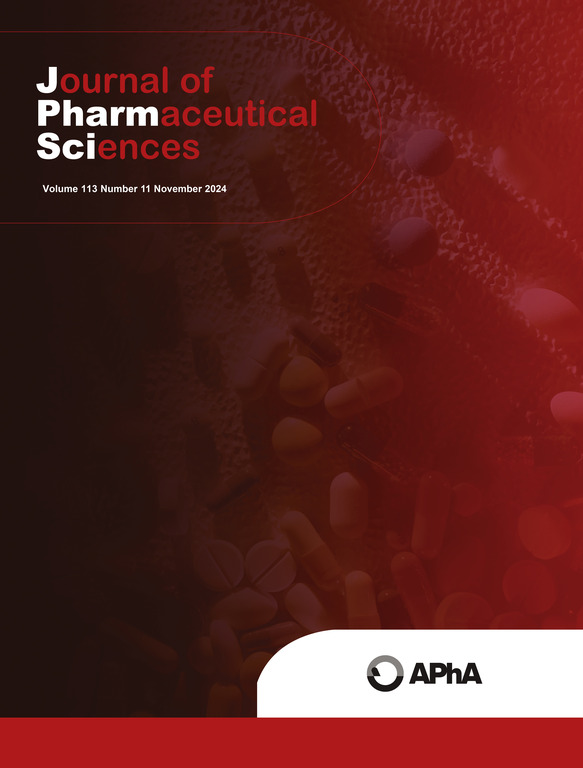生物制药工艺开发中机制模型的鉴定。
IF 3.7
3区 医学
Q2 CHEMISTRY, MEDICINAL
引用次数: 0
摘要
机械过程模型在生物制药工艺开发和制造中发挥着越来越重要的作用,支持工艺设计、表征和过程控制策略。尽管机械性模型具有潜力,但是目前还没有关于它们的资格的明确共识或监管指南,即确定模型是否适合支持过程开发中的决策制定的过程。在这项工作中,介绍了生物制药工艺开发中机制模型的系统和基于风险的资格框架。该框架集成了其他建模框架和指南中的关键概念,例如美国机械工程师协会(ASME)发布的ASME V&V 40,以及欧洲药品管理局(EMA)质量创新小组(QIG)发布的过程模型中的初步考虑。通过两个案例研究讨论了所提出框架的关键概念,包括生物制药超滤和滤过过程的模型知情优化和色谱抛光步骤的模型知情控制策略。建议的框架可以作为对话的基础,并为生物制药过程开发中的其他建模者提供指导。它有能力协调整个行业的建模过程,并就生物制药过程开发中的机制模型的资格建立协议。本文章由计算机程序翻译,如有差异,请以英文原文为准。
Qualification of mechanistic models in biopharmaceutical process development
Mechanistic process models play an increasingly important role in biopharmaceutical process development and manufacturing in supporting process design, characterization, and informing process control strategies. Despite the potential of mechanistic models, there is currently no clear consensus or regulatory guideline on their qualification, i.e. the processes of determining whether a model is suitable to support decision making in process development. In this work, a systematic and risk-based qualification framework for mechanistic models in biopharmaceutical process development is introduced. The framework integrates key concepts from other modeling frameworks and guidelines such as the ASME V&V 40 published by the American Society of Mechanical Engineers (ASME) and preliminary considerations in process models published by Quality Innovation Group (QIG) of the European Medicines Agency (EMA). Key concepts of the proposed framework are discussed using two case studies, including a model-informed optimization of a biopharmaceutical ultrafiltration and diafiltration process and a model-informed control strategy of a chromatography polishing step. The suggested framework can act as a foundation for dialogue and guide for other modelers in biopharmaceutical process development. It holds the capability to harmonize modeling procedures throughout the industry and establish an agreement on the qualification of mechanistic models in biopharmaceutical process development.
求助全文
通过发布文献求助,成功后即可免费获取论文全文。
去求助
来源期刊
CiteScore
7.30
自引率
13.20%
发文量
367
审稿时长
33 days
期刊介绍:
The Journal of Pharmaceutical Sciences will publish original research papers, original research notes, invited topical reviews (including Minireviews), and editorial commentary and news. The area of focus shall be concepts in basic pharmaceutical science and such topics as chemical processing of pharmaceuticals, including crystallization, lyophilization, chemical stability of drugs, pharmacokinetics, biopharmaceutics, pharmacodynamics, pro-drug developments, metabolic disposition of bioactive agents, dosage form design, protein-peptide chemistry and biotechnology specifically as these relate to pharmaceutical technology, and targeted drug delivery.

 求助内容:
求助内容: 应助结果提醒方式:
应助结果提醒方式:


